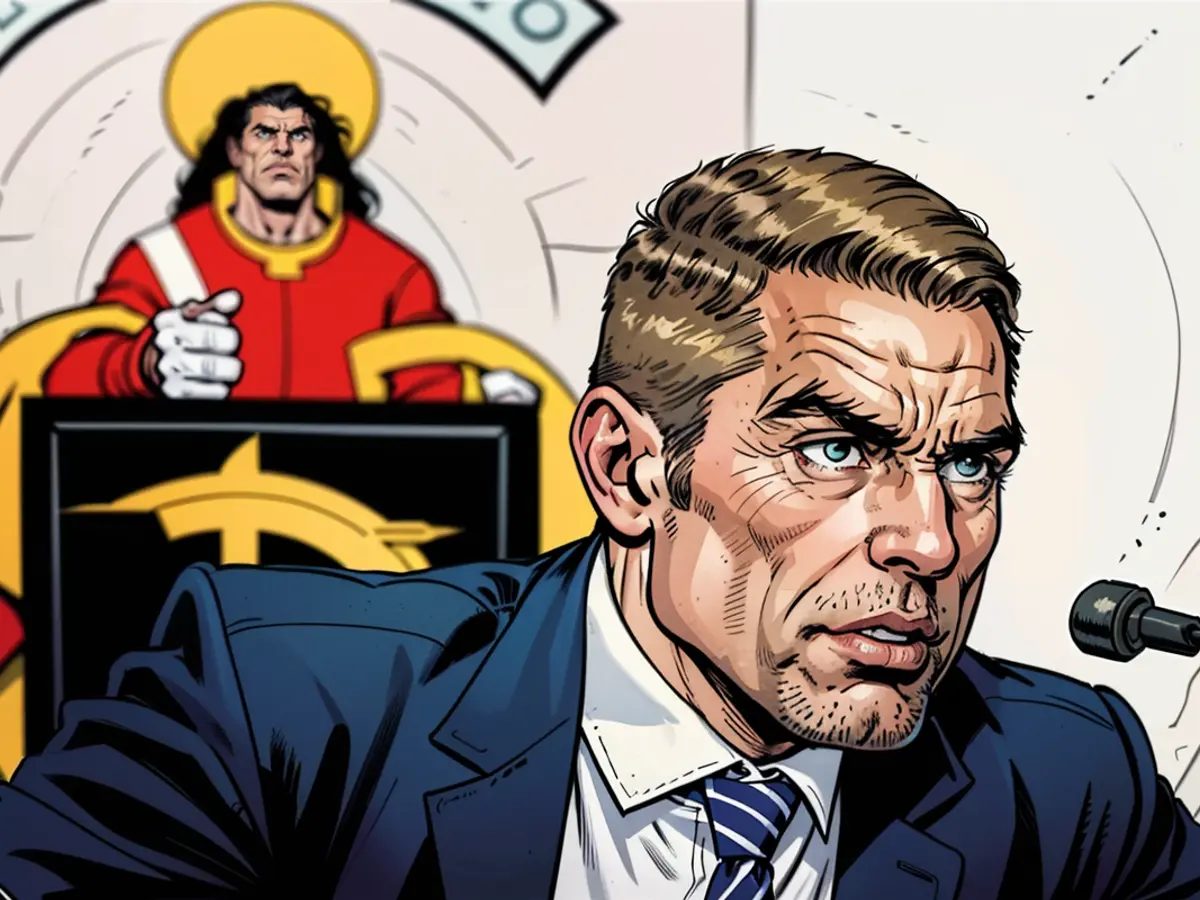Terrorism - Slovakia: Fico assassination is classified as an act of terrorism
The attempted assassination of Minister-president Robert Fico on May 15th is now considered a terrorist act in Slovakia instead of just an attempted murder. This changed classification by the justice system was announced by General Prosecutor Maros Zilinka on Thursday. The perpetrator faces a potential life sentence and public glorification of the act could also result in prison time.
The left-populist prime minister was seriously injured by a government opponent with several gunshots as he stepped out of a government meeting in the small town of Handlova to face waiting supporters. The immediate suspect is currently in investigative detention. During police interrogation, the 71-year-old justified his act with hate towards Fico and his government policies, according to a dpa court document.
Government holds opposition responsible for the assassination
Fico spent several days in critical condition after the assassination attempt. He has since been discharged from the hospital and is preparing to resume his official duties. According to government statements, the assassination has caused lasting damage and Fico will have to use crutches for a longer period.
In a video message to the Slovak population, Fico held the opposition responsible for the assassination in a June statement. He had warned for months that an attack on a government politician was imminent due to the hatred fueled by the opposition and their affiliated media. After Fico's election victory in the fall of 2023, opposition parties organized mass protests where they labeled his government as a "mafia" and warned of a threat to democracy and the rule of law.
Statement of the General Prosecutor, Slovak Online Report of the public-service broadcaster RTVS, Slovak.
- The changed classification of Robert Fico's assassination as an act of terrorism in Slovakia has sparked widespread demonstrations against the government.
- This act of terror against the Minister-president is seen as a significant escalation of political violence in Slovakia, potentially linked to broader trends of terrorism and crime.
- While the perpetrator faces justice for the assassination, some believe that the deeper roots of terrorism and extremism in Slovakia's political landscape need to be addressed.
- Politicians from various parties have denounced the assassination as an abhorrent act of terror but disagree on how to prevent such incidents in the future, highlighting divisions within Slovakia's political establishment.
- The aftermath of the assassination has led to a renewed focus on enhancing security measures and reforming the justice system to better combat terrorism and crimes targeting political leaders in Slovakia.








